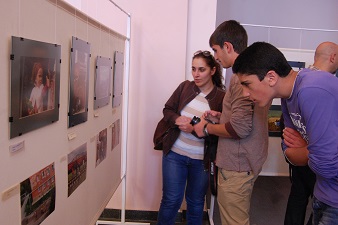LESSON
Lesson Learned: Strengthening the Political Participation of Communities of Former Slaves
The project was supported by a project manager based in Nouakchott (around 1,000 km away from the zone of intervention) and had a team of two facilitators in Aîoun, the capital of the region, located about 100 km from the villages targeted. Given the limited human resources available for the project, it did not sufficiently consider the geographical challenges of the region, in which villages are widely dispersed and difficult to access given the lack of roads. Remote project management and external consultants caused an imbalanced budget, which was to the detriment of beneficiaries.
Project Partner
Agence de Coopération et de Recherche pour le Développement
Project Description
The project’s objective was to reinforce the political participation of former slaves, by promoting the equality of rights between former slaves (Harratines) and former masters (Bydhanes) in order to maintain inter-community peace in the region of Hoch El Gharbi, desert areas located in the South-East of Mauritania. The project was implemented in 40 villages including 120 Adwabas (isolated areas populated by former slaves), and focused on Harratines’ literacy, civic education, community capacity building and inter-community dialogue between them and the Bydhanes.
Various factors that remained unaddressed limited the project’s relevance: including attitudes towards slavery and lack of engagement from authorities on this issue. In addition the Harratines do not have the operational and institutional capacity to represent their own interests in the political arena.
Report
Evaluation Date
January 2015
Theme
Country
